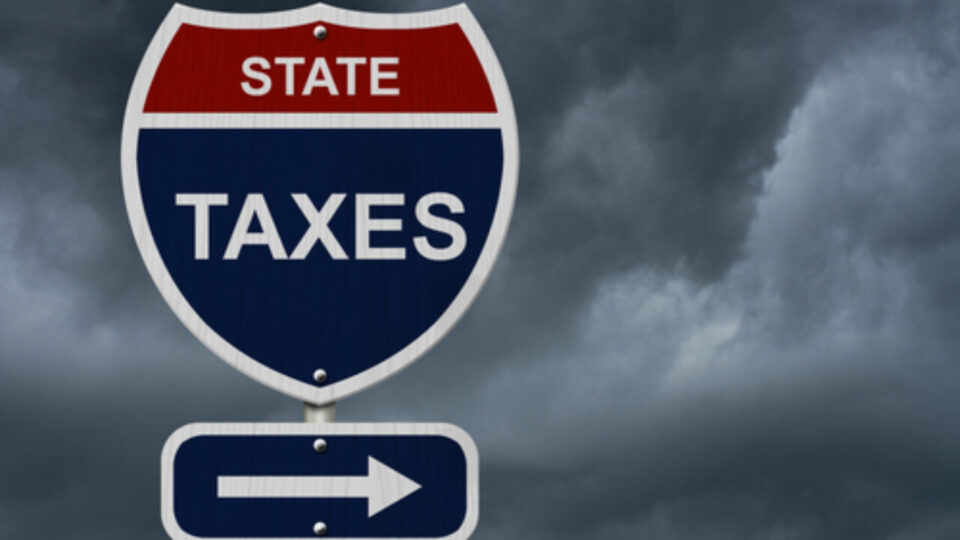The unresolved tax battle continues in California.
For 45 years, California has been caught in a fierce and ongoing debate surrounding taxes and property tax limits. Powerful interest groups, including public employee unions and anti-tax organizations like the Howard Jarvis Taxpayers Association, have been wrestling with each other over the restrictions imposed by Proposition 13 and subsequent measures. While Prop. 13’s curbs on property taxes have survived various attempts to repeal or modify them, the battle persists on other elements of the issue.
Next year, Californians can expect to see this perennial tax war resurface on the ballot. The California Business Roundtable and anti-tax groups are backing a new measure that, if passed, will demand voter approval for any new state or local tax. This initiative is a response to the state Supreme Court’s decision in 2020, which refused to overturn an appellate court ruling stating that citizens’ initiative tax proposals are exempt from the two-thirds vote requirement faced by local government ballot measures.
In 1996, Proposition 218, advocated for by similar interests supporting next year’s initiative, installed a two-thirds vote requirement for special taxes in the state constitution. However, in 2017, the Supreme Court’s “Upland” decision, named after a Southern California city involved in a marijuana tax case, introduced uncertainty about whether the two-thirds vote applies to all special tax measures. Justice Mariano-Florentino Cuéllar’s statement in the majority opinion raised doubts about subjecting citizens’ initiatives to this requirement.
This remark sparked a series of cases, culminating in the Supreme Court’s decision last year to uphold the appellate court’s ruling that local taxes placed before voters through initiative only require a simple majority. The 2024 measure aims to reinstate the two-thirds vote for local special taxes, regardless of origin, and also mandates voter approval for state tax increases while imposing stricter rules for fees.
However, a recent ruling from a state appellate court in Southern California has added a new point of contention. Predictably, the court upheld the validity of a 2020 increase in San Diego’s hotel taxes, which secured a 65% voter approval, just shy of the two-thirds threshold. The revenue generated by the tax would contribute to expanding the city’s convention center, addressing homelessness, and funding road repairs. Nonetheless, the court refrained from addressing the involvement of Jaymie Bradford, a member of the city-owned Convention Center Corp., in the campaign. This issue has been sent back to the Superior Court for further consideration.
Since the state Supreme Court opened the door for easier passage of local tax increase initiatives, pro-tax forces have increasingly relied on this method. However, opponents argue that many of these initiatives are mere facades. With this recent ruling, the appellate court has given both sides another battleground to disagree upon, particularly if the 2024 ballot measure doesn’t succeed. As it stands, this tax battle remains unresolved and shows no signs of abating.


